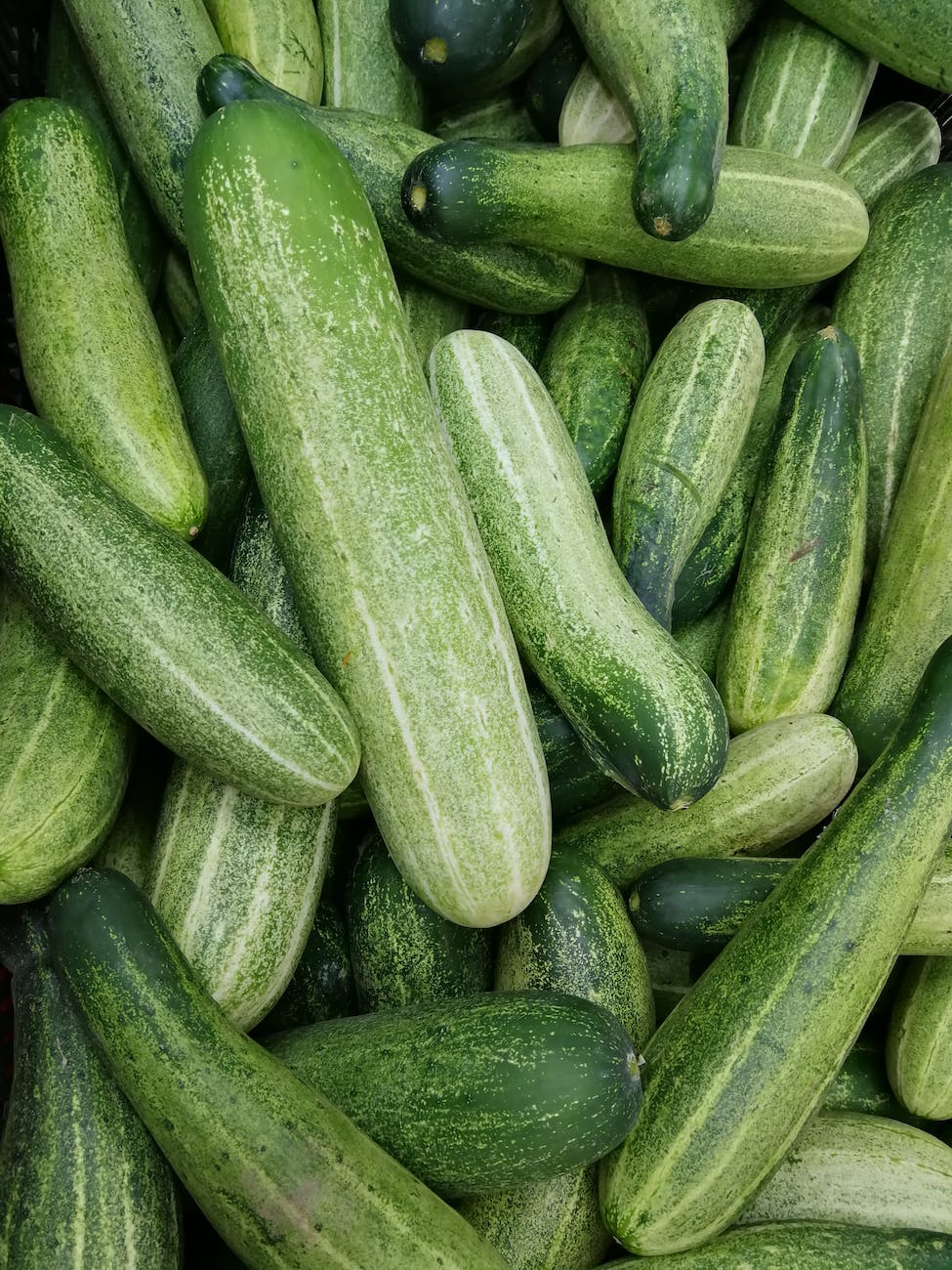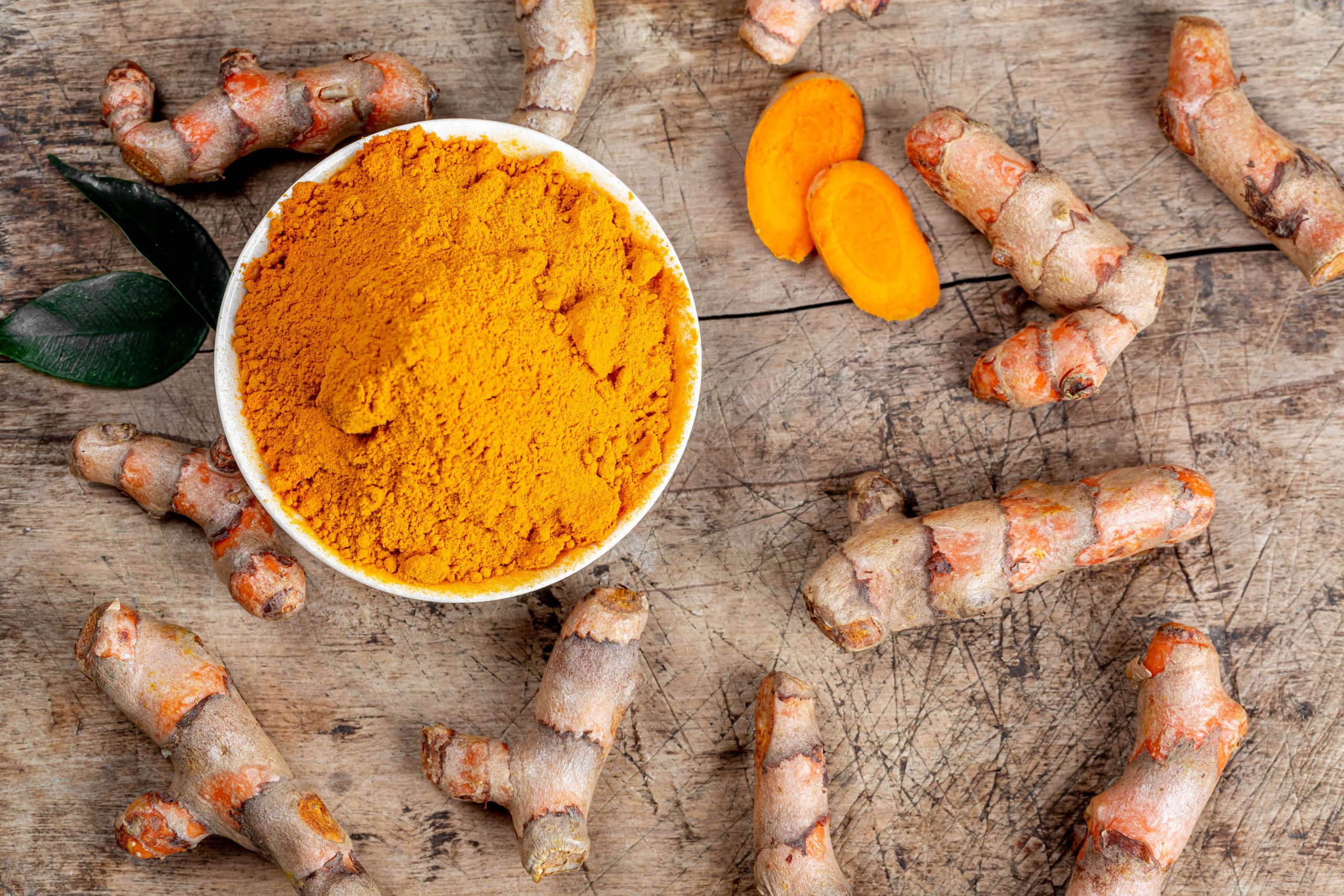
Magnesium is a vital mineral that plays a crucial role in various biochemical reactions in the body. It’s essential for muscle and nerve function, energy production, and the maintenance of strong bones. A deficiency in magnesium can lead to muscle cramps, fatigue, and even irregular heart rhythms.
Drinks High in Magnesium
1. Green Leafy Vegetable Juices:
Spinach, Swiss chard, and kale are green leafy vegetables that are rich in magnesium. Juicing these vegetables can be an excellent way to boost your magnesium intake.
2. Mineral Water:
Certain brands of mineral water can be a good source of magnesium. Always check the label to see the mineral content.
3. Cacao Drinks:
Raw cacao is rich in magnesium. Drinks made from raw cacao, like hot cocoa or chocolate smoothies, can be a delicious way to get more magnesium.
4. Herbal Teas:
Certain herbal teas, like nettle or chamomile, can provide a decent amount of magnesium, especially if consumed regularly.
Foods Rich in Magnesium
1. Nuts and Seeds:
Almonds, cashews, and pumpkin seeds are among the top sources of magnesium. Just a handful a day can significantly contribute to your daily magnesium intake.
2. Whole Grains:
Foods like quinoa, whole wheat bread, and brown rice are good sources of magnesium. They can easily be incorporated into meals to boost magnesium levels.
3. Legumes:
Beans, lentils, and chickpeas are not only protein-rich but also provide a good amount of magnesium.
4. Avocados:
A versatile fruit, avocados are not only packed with healthy fats but also contain a decent amount of magnesium.
Why Magnesium is Often Overlooked
Despite its importance, magnesium doesn’t get as much attention as other minerals like calcium or iron. This oversight can be attributed to a lack of awareness about its vital functions and the misconception that deficiencies are rare. However, with the rise of processed foods and changes in agricultural practices, the magnesium content in many foods has decreased, making it all the more essential to consciously include magnesium-rich foods in our diet.
The Role of Magnesium in the Body
Magnesium is not just another mineral; it’s a powerhouse that supports a myriad of bodily functions. Here’s a closer look at its roles:
1. Energy Production:
Magnesium is pivotal in the conversion of food into energy. It plays a role in the glycolysis process, which breaks down sugars, and in the production of ATP, the primary energy molecule in cells.
2. Muscle Function:
Magnesium aids in muscle contraction and relaxation. It helps maintain the proper balance of calcium and potassium in muscle cells, ensuring they function correctly.
3. Nerve Function:
Magnesium supports the function of neurotransmitters, which transmit messages between nerve cells. It also helps maintain the health of myelin, which insulates nerve fibers.
4. Bone Health:
While calcium often steals the spotlight when it comes to bone health, magnesium is equally important. It aids in the formation of bones and teeth and ensures the strength and firmness of bones.
Magnesium Deficiency: Signs and Symptoms
Not getting enough magnesium can have a range of adverse effects on the body. Some of the signs of magnesium deficiency include:
1. Muscle Cramps and Spasms:
One of the earliest signs of magnesium deficiency is muscle cramps, twitches, or spasms.
2. Fatigue:
Feeling constantly tired and lacking energy can be a sign of low magnesium levels.
3. Irregular Heartbeat:
Magnesium plays a role in maintaining a regular heartbeat. A deficiency can lead to arrhythmias or irregular heart rhythms.
4. Nausea and Vomiting:
In more severe cases, magnesium deficiency can cause nausea and even vomiting.
How to Incorporate More Magnesium into Your Diet
Knowing the importance of magnesium, it’s essential to ensure you’re getting enough. Here are some tips:
1. Diversify Your Diet:
Include a variety of magnesium-rich foods in your meals. From nuts and seeds to whole grains and green leafy vegetables, diversifying ensures a steady intake.
2. Cook at Home:
Preparing meals at home allows you to use fresh, whole ingredients that are naturally rich in magnesium.
3. Be Wary of Processed Foods:
Processed foods often have reduced mineral content. Opt for whole, unprocessed foods when possible.
4. Consider Supplements:
If you’re at risk of a magnesium deficiency, consider taking a supplement. However, always consult with a healthcare professional before starting any supplementation.
FAQs
Q: Why is magnesium important for our body?
A: Magnesium plays a crucial role in over 300 enzymatic reactions in the body, including metabolism, nerve function, and the synthesis of proteins and DNA.
Q: Can I get magnesium from drinking water?
A: Yes, hard water can be a source of magnesium, but the amount varies depending on the water source and processing methods.
Q: Are magnesium supplements a good alternative to foods?
A: While supplements can help those with a deficiency, it’s always best to get nutrients from natural food sources when possible. Always consult with a healthcare professional before starting any supplements.
Q: How can I tell if I’m deficient in magnesium?
A: Symptoms might include fatigue, muscle cramps, mental disorders, and irregular heartbeat. However, always consult with a healthcare professional for a proper diagnosis.
Conclusion
Magnesium is an essential mineral that plays a pivotal role in our overall health. While many foods are rich in magnesium, it’s crucial to incorporate a variety of these into your diet to ensure you’re getting enough of this vital nutrient. Whether you choose leafy greens, nuts, seeds, or whole grains, your body will thank you for the boost in magnesium. Remember, a balanced diet is key to optimal health.
Blog Tags:
Magnesium, Nutrition, Health Benefits, Dietary Sources, Leafy Greens, Nuts, Seeds, Whole Grains, Dietary Minerals, Health and Wellness.











